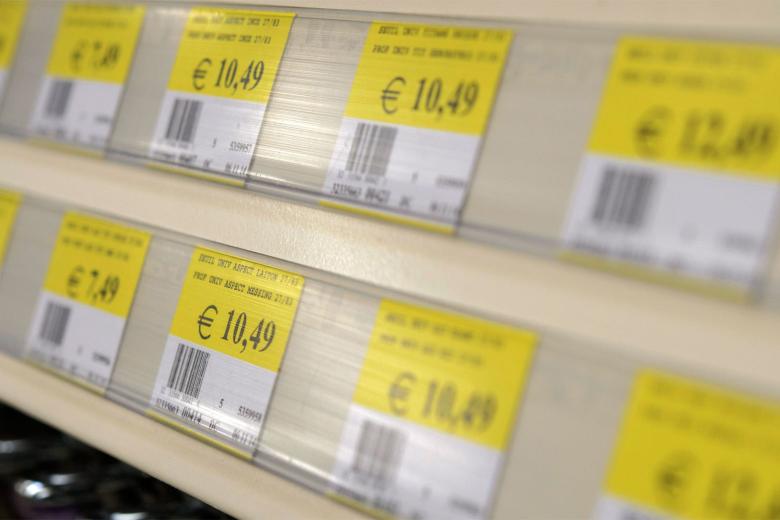Four new research projects granted to Joop de Jong
Four new research projects have recently been granted to Joop de Jong. They concern the topics of cultural education in Limburg (two projects), the historical scale model of Maastricht and its surroundings around 1748, and Dutch Mobile heritage.
Projects 1+2
The stichting Cultuurpad-werkmaatschappij SIEN has commissioned two research projects concerning its programme ‘Cultuureducatie met kwaliteit in Limburg’, a (national) programme for improving the quality of cultural education at primary schools in Limburg, for instance by developing and implementing a quality framework and a quality system for teaching cultural education in primary schools.
Another important aim of the programme is to create a more integrated position of cultural education within the curriculum as a whole. The research results should help Cultuurpad/SIEN identifying effective and successful cultural education (with quality), suitable for primary schools in Limburg. For this reason the research will focus on quality indicators and success factors in cultural education in general and in more specific areas, such as learning and social-emotional development. One of the research projects will also include the analysis and evaluation of some of the programme’s activities.
Researchers: Joop de Jong, Floor Vierenhalm (MA Kunst, Cultuur en Erfgoed), Anna Elffers and Emilie Sitzia
Research budget (the two projects combined): €80,000.
Project 3
The Maastricht Municipality, the ‘Stichting Historische Maquette Maastricht’ and the Centre Céramique have commissioned a research project about the presentation of the historical scale model of Maastricht and its surroundings around 1748. The research aims at providing useful information and suggestions, based on exploration and analysis of presentations of similar models elsewhere, for its future presentation. The educational and touristic functions of the model, and its specific environment and conditions play an important role in the research project.
Researchers: Joop de Jong, Sandra van Helden (MA Kunst, Cultuur en Erfgoed) and Marianne Lubrecht (student MA Kunst, Cultuur en Erfgoed).
Research budget: €11,000.
Project 4
The MCN (Mobiele Collectie Nederland) and the RCE (Rijksdienst voor het Cultureel Erfgoed) have commissioned a research project in relation to the list of examples (toonbeelden) of significant mobile heritage which the Dutch minister of education, culture and science has promised to the parliament for June 2016. This project will result in an academic historical framework for the significance and heritage values of the many objects in the four categories of mobile heritage (shipping, rail transport, road traffic and aviation). The final report will outline the history of the Netherlands during the last 150 years, identifying the most important developments in mobility, and their temporary and structural effects on Dutch society, using the perspective of the history of mobility and a heritage perspective.
Researchers: Joop de Jong, Niels Bijman (MA Geschiedenis UvA) and Tabea Tischer (MA Kunst, Cultuur en Erfgoed).
Research budget: €33,000.
Also read
-
Global Mobility of Individuals - Contribution to OECD's Consultation
The OECD launched a public consultation on "Global Mobility of Individuals" and invited input from stakeholders on the tax challenges arising from new ways of working, including remote and cross-border work. Members of the Maastricht Centre for Taxation (MCT) have contributed to the consultation.
-
Flour, family, and forward thinking: the evolution of Hinkel Bäckerei
In the heart of Düsseldorf, the comforting aroma of freshly baked bread has drifted through the streets for more than 130 years. Since its founding in 1891, Hinkel Bäckerei has evolved from a small neighborhood bakery into a cherished local institution.
-
Green school playgrounds boost concentration and wellbeing
Children at schools with green playgrounds are better able to concentrate and display more social behaviour. This is the conclusion of a follow-up study within the long-running project The Healthy Primary School of the Future .